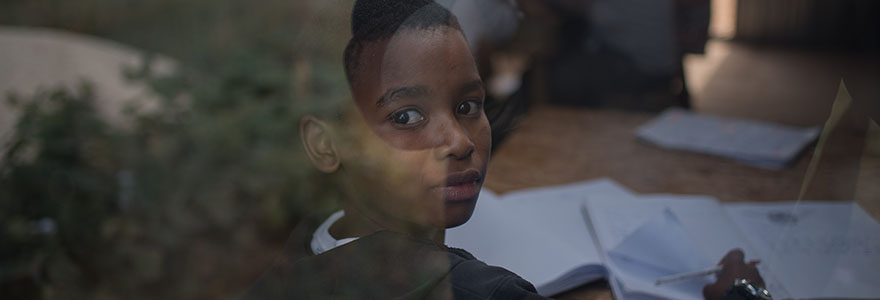
Nov 1, 2018 12:00:00 AM
Tynisha Jointer, LCSW, ME.d, is a Chicago native and product of Chicago Public Schools. Jointer is passionate about educating all children, staff and school leaders around developing a holistic approach to support student achievement. Jointer brings an array of experience and expertise having supported students on the ground as a school social worker (in both the charter and traditional public schools), experience working as a social worker in a behavioral health hospital as well as network and district level positions to make positive decisions to support students and staffs across Chicago Public Schools. She recently participated in Education Posts' focus groups, with more than 40 other African-American parents, students and teachers, to talk about the Black experience in America's public schools. These conversations were released as a video series in Getting Real About Education: A Conversation With Black Parents, Teachers and Students.
The story you tell yourself about your own math ability tends to become true. This isn’t some Oprah aphorism about attracting what you want from the universe. Well, I guess it kind of is, but...
If you have a child with disabilities, you’re not alone: According to the latest data, over 7 million American schoolchildren — 14% of all students ages 3-21 — are classified as eligible for special...
The fight for educational equity has never been just about schools. The real North Star for this work is providing opportunities for each child to thrive into adulthood. This means that our advocacy...
Your donations support the voices who challenge decision makers to provide the learning opportunities all children need to thrive.
Ed Post is the flagship website platform of brightbeam, a 501(c3) network of education activists and influencers demanding a better education and a brighter future for every child.
© 2020–2024 brightbeam. All rights reserved.
Leave a Comment